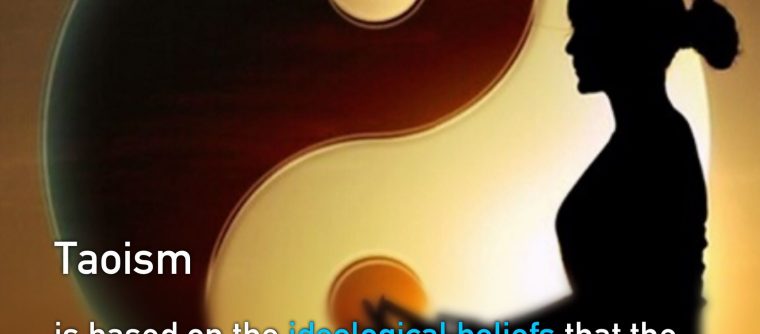
Taoism & How To Use It In Everyday Life
You’ve probably heard of the Tao, and don’t realize it.
But this Chinese philosophy has great benefits that are easily adaptable to any lifestyle, or religious choice.
This post contains affiliate links. All thoughts and opinions are 100% my own.
Tao Te Ching
Taoism (also spelled Daoism) is the Chinese philosophy that emphasizes the idea of living in harmony with the Tao (Dao). The Tao translates to “The Way”, meaning the “route” or “path.”
In the context of philosophy, Tao (the Way) is the natural order of the universe.
While most religions teach dogma and philosophies that shape and define people, Tao is the opposite.
When you begin to learn about the Tao, you first must understand that there is no one definite description. The Tao just is, and understanding it comes to an individual through their own learning experiences.
The Tao is not necessarily a religion, because there is no deity to worship. It can be more thought of as a philosophy, and a general idea of how to live Life mindfully (but without intention) and in harmony with the natural flow of the universe.
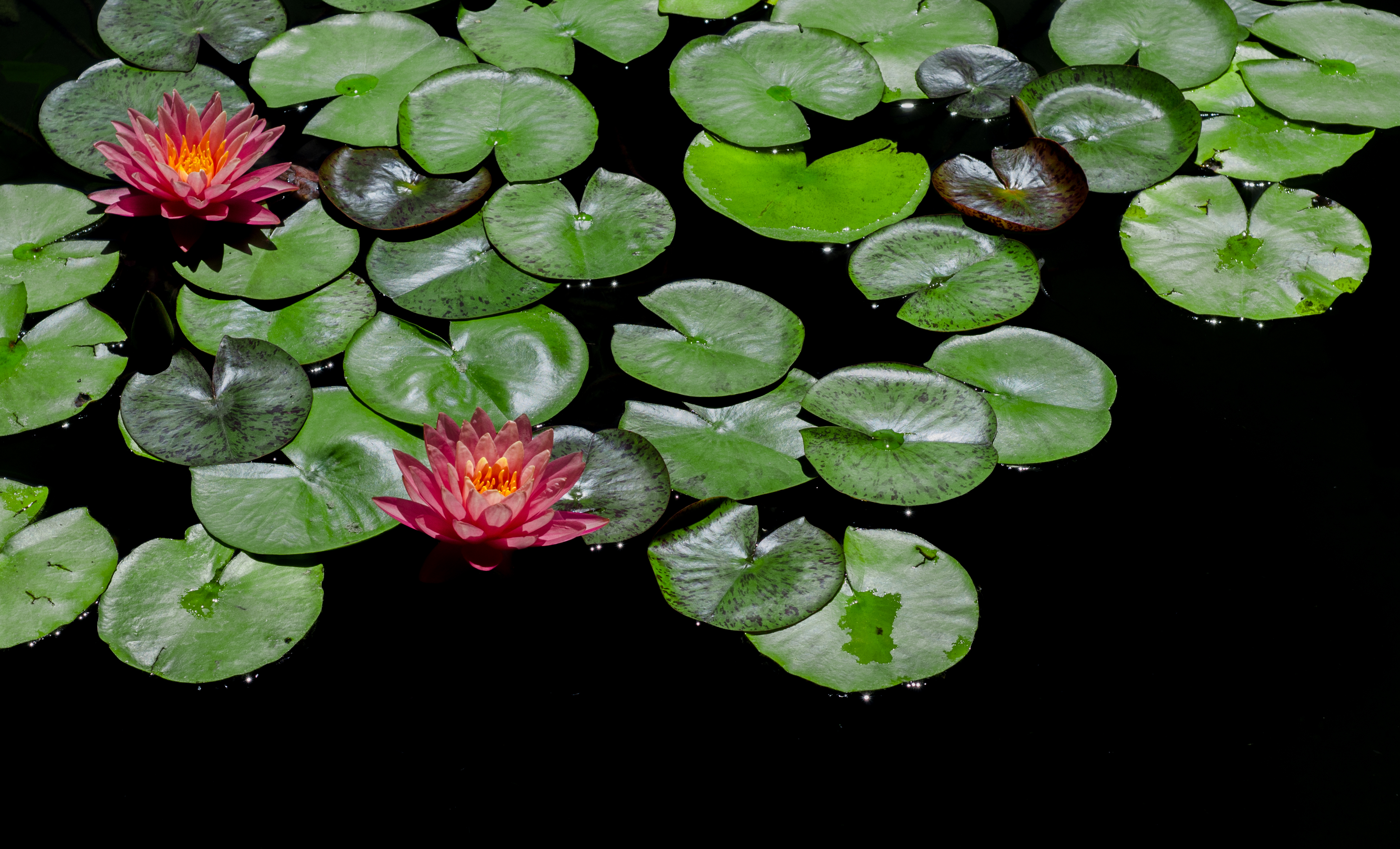
Sounds Confusing…
It is!
The Tao cannot be directly defined, and if you’re interested about learning Taoism, this is one thing you have to go ahead and learn to let go of – which in a way, is Taoism at it’s heart.
Learning to let go of strict order, over actions, and intense plans. Instead, discovering yourself and how you align with the natural order of things.
The Bible has verses on letting go of intentions, and allowing God to take over.
The Tao is similar in this aspect. The universe tends to unfold as it should, much like God has His own plan – which is going to unfold as it should, regardless of what we people do.
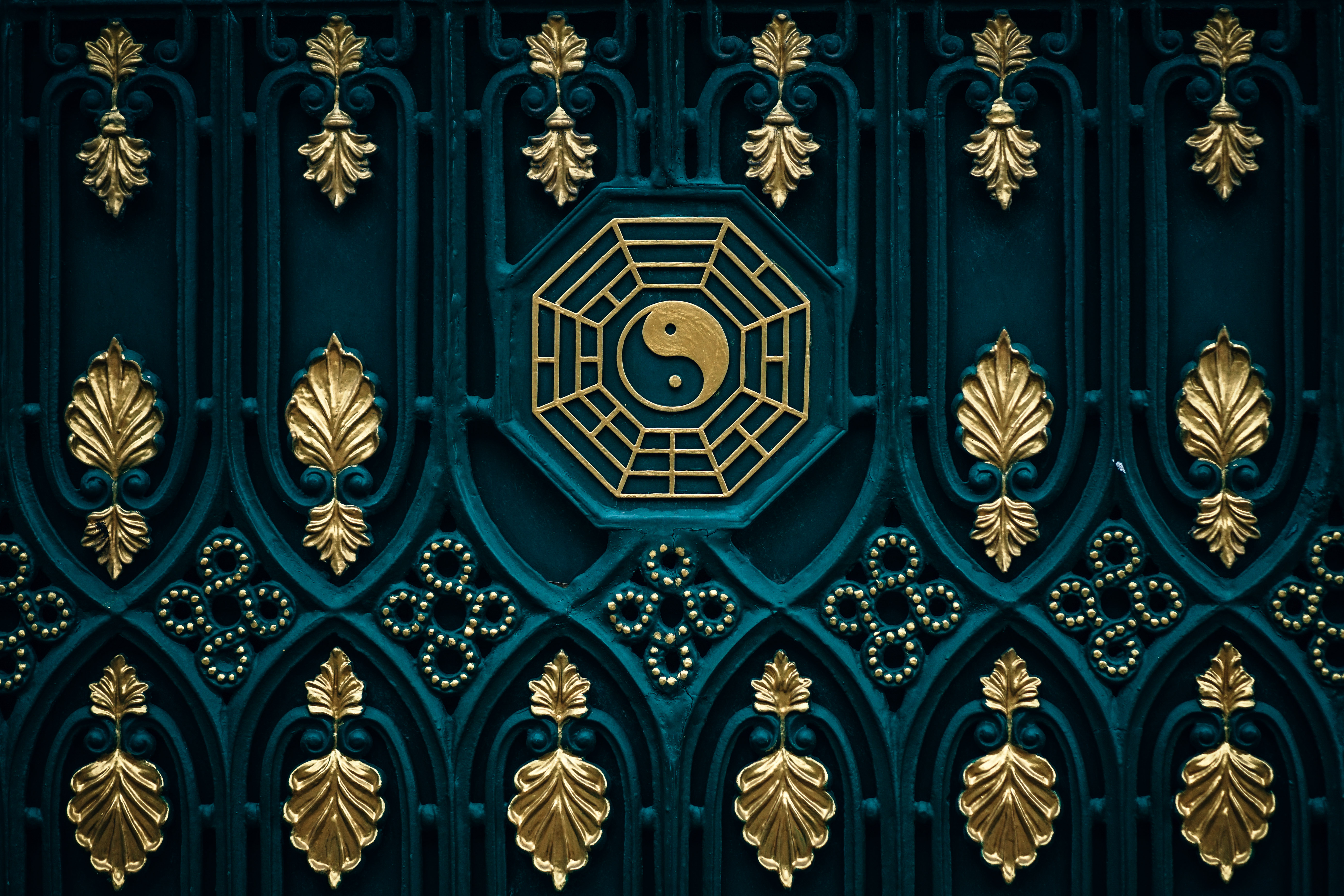
Taoism & Religion
There are many religions with teachings that are incredibly similar, if not the same, as Taoism.
Meditation & Prayer are very similar as well! Check out this post for more info.
Which makes adding Tao philosophy a great addition to any religious affiliation someone has. Taoism does not comprise any religious belief – but if studied together, one can easily see the same lessons shared.
While the Bible says to “Give all your worries and cares to God”, the Taoist approach is quite similar. “Life is a series of natural and spontaneous changes. Don’t resist them – that only creates sorrow. Let reality be reality. Let things flow naturally forward in whatever way they like.”
Both quotes are teaching you that there are things beyond your control – and no matter how you decide to let yourself go of the anxieties, Life will still go on either way.
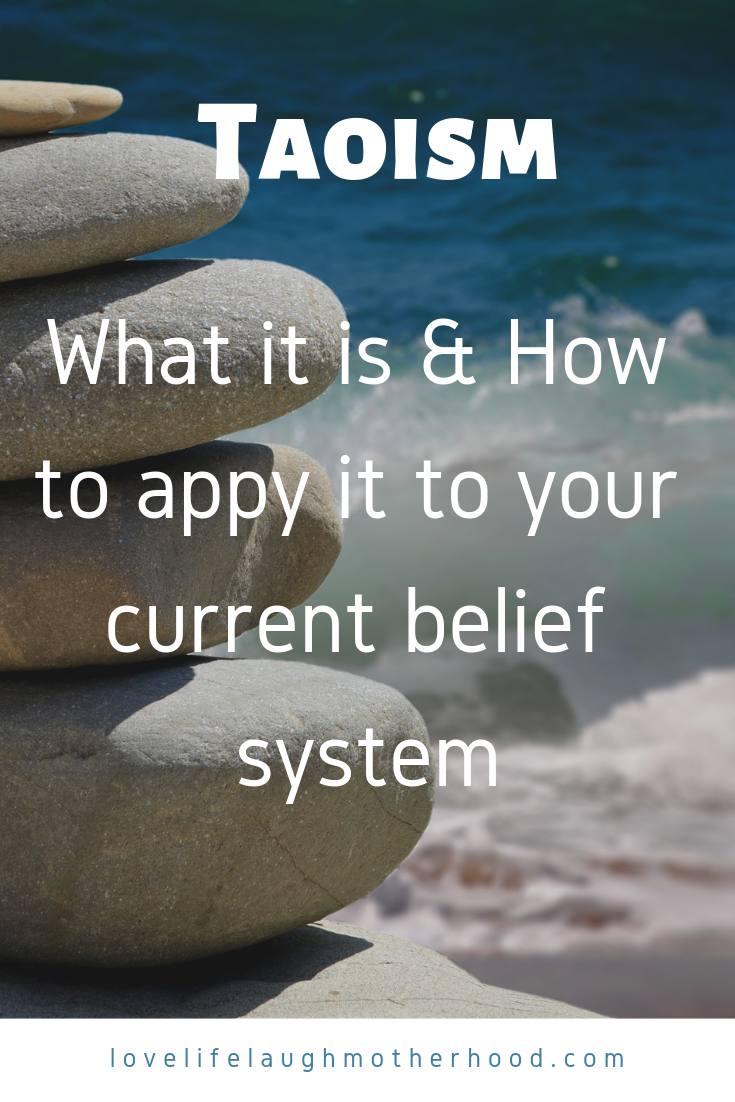
How To Apply Taoism To Everyday Life
If you’d like to learn more about the Tao, and the positive affirmations within that can be applied to everyday life, I personally encourage you to read the actual Tao Te Ching, written by Lao Tzu.
Post contains affiliate links
This copy of Tao Te Ching: Text Only Edition is a more modernized version with it’s translations. While some of the poetics are slightly askew, it’s still a good version for the beginner to understand the true meaning of the Tao.

Remember that these are only philosophies -guidelines for ways to live your life. They don’t compromise any religious belief. But they can add to your general thinking and lifestyle.
When you’re reading Tao Te Ching, think about ways to apply the text to everyday situations. When you’re feeling doubtful, anxious, or even overly ambitious.
Think about how the universe flows together in harmony – and ways you can be more mindful along with it.
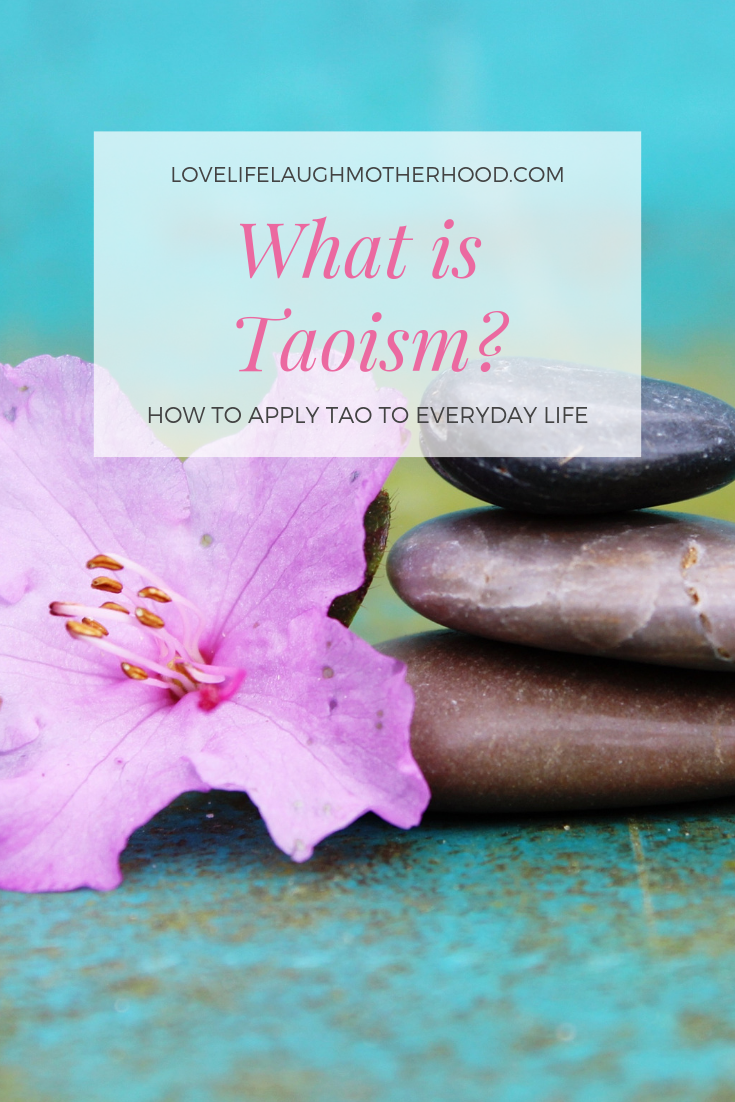

I loved reading your post. I had always wanted to learn more about Taoism. It’s a well explained post.
i think religion as a whole has many good values and teachings but it’s how we interpret and apply it that matters/differs
Definitely gonna apply this to our daily life. This is the first time I heard of it but it interest me.
Am hearing about Taoism for the first time . Thanks for explaining a new concept.
Love this. I’m not religious been I do follow what feels good in my heart.
I remember learning about it in high school but didn’t remember anything about it. This was so informative! Such an interesting approach to life.